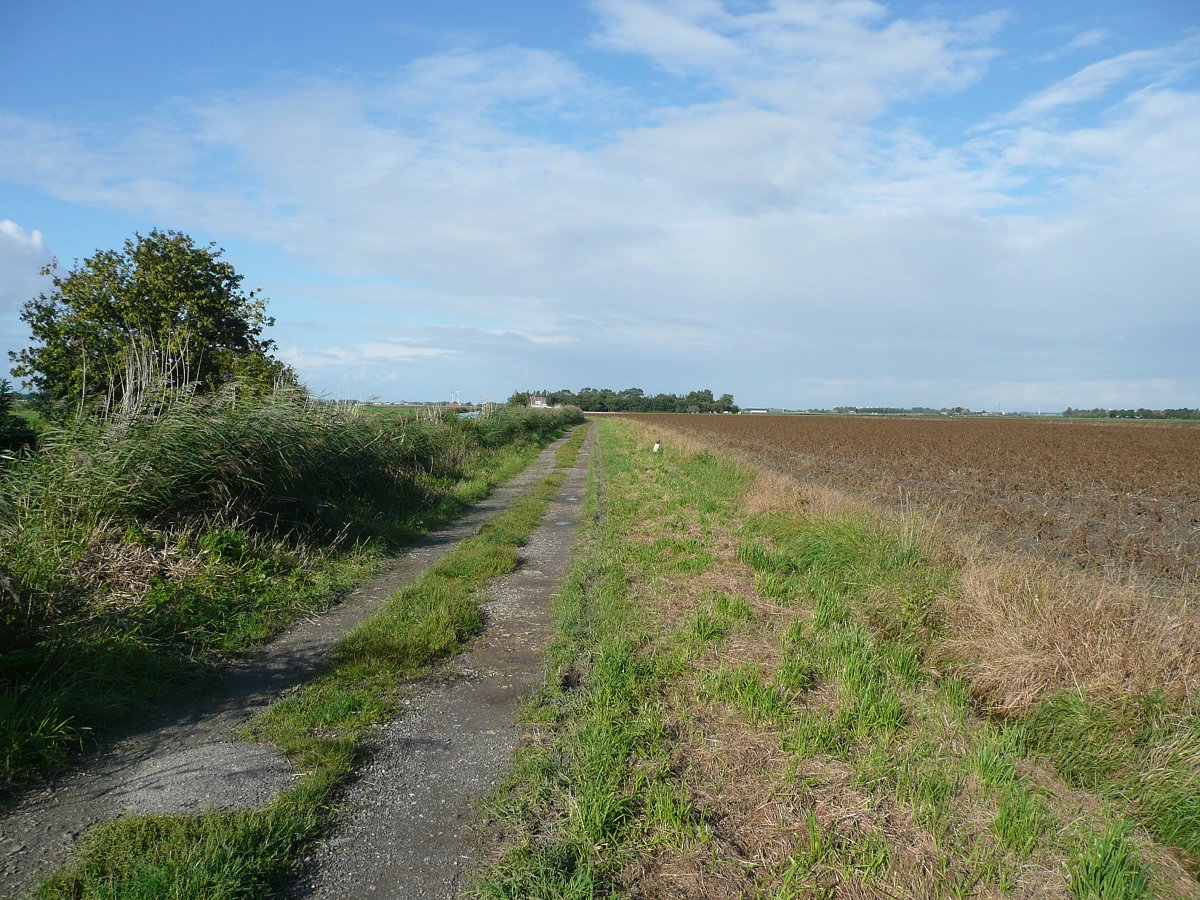Transport poverty in Fryslân
The correlation between the risk of transport poverty and perceived accessibility challenges is weak. This is evident from research published this month by the Planbureau Fryslân (Planning Agency of the province of Friesland / Fryslân in The Netherlands). Socio-economic factors and car ownership in particular are related to experiences and perceptions of transport poverty. Using surveys and in-depth interviews the Planning Agency has conducted research into the experiences of transport poverty among residents of Fryslân. Transport poverty mainly depends on household income, socio-economic status and ownership of a car.
People at high risk of transport poverty use the car proportionately less than people at low risk of transport poverty. There is also a difference between people with a (very) low and a high risk score in the use of electric bicycles in particular; only 14% of people at high risk use it weekly, compared to almost 40% of people at very low risk.
Public transport is rarely used by both groups due to the very poor accessibility of public transport in Fryslân, since distances to stops and stations are far. Moreover, people depending on public transport suffer from very long travel times.
Source: Planbureau Fryslân / adapted by Favas.net
Image: Favas.net
See also our publication ‘Transport poverty scrutinized by mobility thresholds’ (Ghent University).

